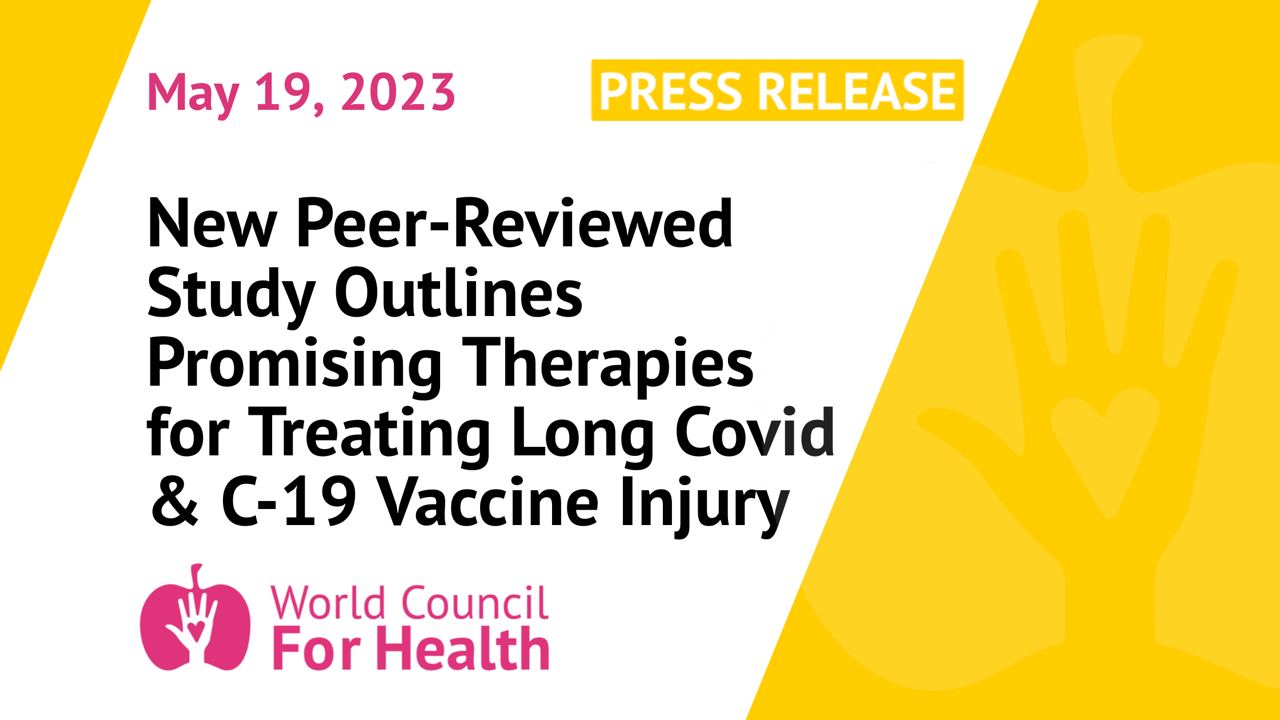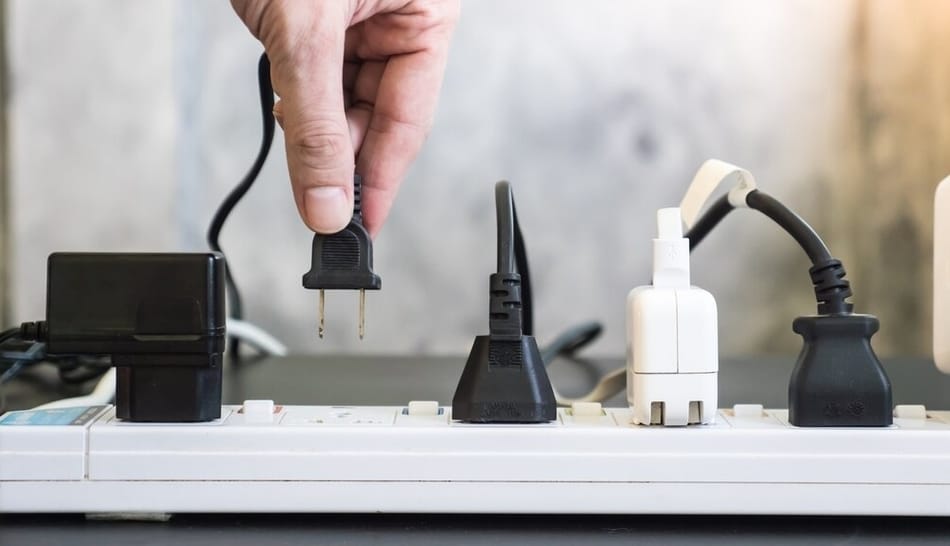The Impact Of COVID-19 Vaccines On Long COVID Incidence

Table of Contents
COVID-19 Vaccines and Reduced Risk of Initial Infection
Preventing initial infection is a primary defense against Long COVID. COVID-19 vaccines significantly reduce the risk of infection, thus minimizing the chance of developing long-term complications. High vaccine efficacy against various COVID-19 variants, including Delta and Omicron, has been demonstrated in numerous studies.
- Reduced viral load: Vaccination leads to a lower viral load in the body, resulting in a milder illness. A less severe initial infection is directly correlated with a lower risk of Long COVID.
- Lower risk of hospitalization and severe disease: Vaccines significantly reduce the risk of hospitalization and severe COVID-19, thereby minimizing the potential for long-term organ damage and the subsequent development of Long COVID.
- Studies showing correlation: Multiple observational studies have shown a strong correlation between higher vaccination rates within populations and a lower prevalence of reported Long COVID cases. These studies, while observational, provide compelling evidence supporting the protective role of vaccines.
Vaccines and the Severity of COVID-19 Illness
Even in breakthrough cases (where vaccinated individuals contract COVID-19), vaccines significantly lessen the severity of symptoms. Milder illness translates to a reduced duration and intensity of symptoms, making the likelihood of developing chronic post-COVID conditions lower.
- Evidence linking less severe infection to lower Long COVID risk: Research consistently demonstrates that individuals experiencing milder COVID-19 infections, often due to vaccination, are significantly less likely to develop Long COVID.
- Reduced symptom duration: Studies comparing vaccinated and unvaccinated individuals have shown that vaccinated individuals who contract COVID-19 experience shorter symptom durations and fewer severe symptoms.
- Comparative studies: Numerous studies comparing vaccinated versus unvaccinated individuals post-infection have consistently revealed a lower incidence and severity of Long COVID symptoms among the vaccinated group.
Specific Vaccine Types and Long COVID Risk
While both mRNA and viral vector vaccines have proven effective in reducing the risk of severe COVID-19 and death, research into the specific impact of different vaccine types on Long COVID incidence is still ongoing.
- Comparison of studies: Current research is comparing the long-term outcomes for individuals who received different vaccine platforms, however, more data is needed to draw definitive conclusions.
- Inconsistencies and areas requiring further investigation: More large-scale, long-term studies are needed to determine if subtle differences exist in the protection offered by various vaccine types against Long COVID.
- Ongoing clinical trials: Several ongoing clinical trials are focusing on precisely this question, aiming to clarify the nuanced relationship between vaccine type and Long COVID risk.
Boosters and Long COVID Prevention
Booster shots play a crucial role in enhancing protection against COVID-19 and potentially lowering the risk of Long COVID. Staying up-to-date with recommended vaccinations remains essential.
- Booster effectiveness: Data suggests that booster doses further reduce the severity of infection and the likelihood of long-term complications.
- Correlation between boosters and lower Long COVID rates: Some studies indicate a correlation between receiving booster shots and a lower incidence of reported Long COVID cases. However, more research is needed to confirm this association definitively.
- Adherence to public health guidelines: Following public health guidelines regarding vaccination, including booster shots, is vital for minimizing the risk of both acute COVID-19 infection and the potential development of Long COVID.
Limitations and Future Research
Current research on the Impact of COVID-19 Vaccines on Long COVID Incidence has some limitations.
- Challenges in defining and diagnosing Long COVID: The inconsistent definition and diagnostic criteria for Long COVID across different studies complicate the analysis and comparison of results.
- Need for longer-term follow-up studies: Longer-term follow-up studies are needed to fully assess the long-term effects of vaccination on Long COVID development and progression.
- Importance of diverse study populations: Future studies must include diverse and representative populations to ensure generalizability of findings and to account for potential variations in response to vaccination based on factors like age, underlying health conditions, and ethnicity.
Understanding the Impact of COVID-19 Vaccines on Long COVID Incidence
In conclusion, while research is ongoing, evidence strongly suggests that COVID-19 vaccines significantly reduce the risk of developing Long COVID by preventing severe initial infections and minimizing symptom duration. Vaccination remains a critical tool in mitigating the risks of both acute COVID-19 and its long-term consequences. Stay informed about the latest research on COVID-19 vaccines and Long COVID, and get vaccinated and boosted to protect yourself against both short-term and long-term effects. The vital role of vaccination in reducing the overall Impact of COVID-19 Vaccines on Long COVID Incidence cannot be overstated.

Featured Posts
-
 Fede Valverde Nombra A Toni Kroos Como Su Idolo
May 29, 2025
Fede Valverde Nombra A Toni Kroos Como Su Idolo
May 29, 2025 -
 Waarom Kon Liverpool Zes Keer Wisselen In De Wedstrijd Tegen Southampton
May 29, 2025
Waarom Kon Liverpool Zes Keer Wisselen In De Wedstrijd Tegen Southampton
May 29, 2025 -
 Your Drive To Great Movies And Tv The Complete Guide
May 29, 2025
Your Drive To Great Movies And Tv The Complete Guide
May 29, 2025 -
 A24 Horror Film Directors Confirm Link To Past Success
May 29, 2025
A24 Horror Film Directors Confirm Link To Past Success
May 29, 2025 -
 Bryan Cranston Talks Malcolm In The Middle Reboot A New Direction
May 29, 2025
Bryan Cranston Talks Malcolm In The Middle Reboot A New Direction
May 29, 2025
